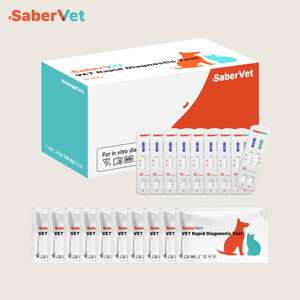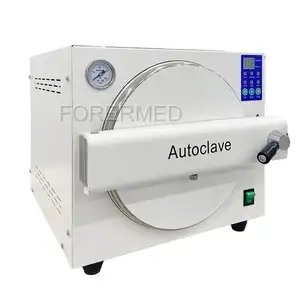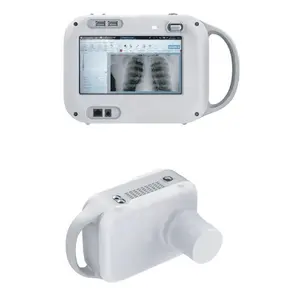Popular in your industry
















Related Searches:









Top categories
About h pylori antigen in stool
H. Pylori Antigen in Stool: An Overview
The detection of H. Pylori antigen in stool is a critical aspect of diagnosing infections caused by Helicobacter pylori, a bacterium linked to various gastrointestinal diseases. This category encompasses a range of diagnostic tools designed to identify the presence of H. Pylori antigens in fecal samples. These tools are essential for healthcare providers to diagnose, manage, and monitor the treatment of infections.
Types and Applications
There are several types of H. Pylori stool tests, including rapid immunoassays and more complex laboratory-based methods. These tests are utilized in clinical settings to confirm active infections, which is vital for the appropriate treatment. The stool culture for H. Pylori is another method used to grow the bacteria in a controlled environment for further analysis.
Features and Materials
The materials used in these tests range from sophisticated reagents to simple yet effective plastics and acrylics for test kits. The H. Pylori stool antigen test kits come in various forms, some manual and others electrical, designed to cater to different clinical needs and settings. The adaptability of these tests allows for their use in diverse environments, from advanced laboratories to field applications.
Advantages of Non-Invasive Testing
One of the significant advantages of using a faecal antigen test for H. Pylori is its non-invasive nature. Unlike other diagnostic procedures that may require endoscopic examination, stool tests provide a less intrusive option for patients. Moreover, the H. Pylori fecal antigen test is known for its rapid results and ease of use, which are crucial for timely decision-making in treatment protocols.
Understanding Test Classifications
The tests for H. Pylori in stool sample are classified into different categories, such as class II, class I, and class III, based on the level of regulatory control necessary to ensure the safety and effectiveness of the devices. These classifications help healthcare providers to choose the appropriate test based on the clinical scenario and regulatory requirements.
Compliance and Standards
It is important to note that all medical devices, including the pylori antigen stool test, adhere to specific standards and regulations. While these standards may vary by region, they are essential to ensure the reliability and safety of the tests. However, the specific standards like gb15979-2002, gb/t18830-2009, or gb2626-2006, are not mentioned to avoid regional specificity.












